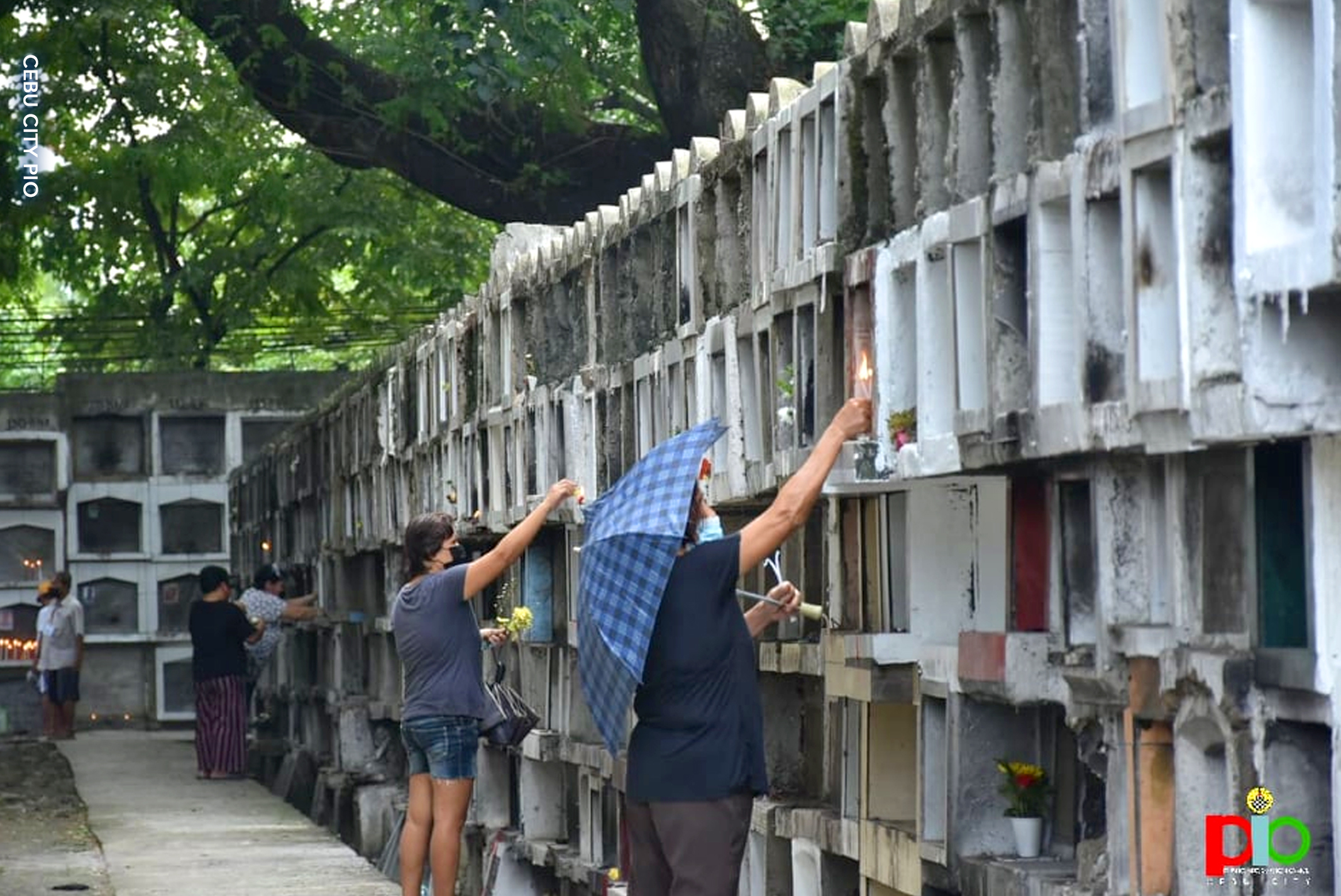The initiative comes as a part of the government's commitment to offering support to the poor and marginalized sectors of society. Specifically, the DSWD plans to assist a total of 425,000 students from all over the country.

The program is set to provide one-time aid of PHP 5000 (roughly USD 100) to each identified beneficiary. Students who receive this aid will be selected based on the assessment of the DSWD's regional offices.
According to Undersecretary Danilo Pamonag, the DSWD aims to prioritize students who come from families under severe poverty, and those with disabilities, as well as students who have to travel long distances to attend school. The goal is to help students who are experiencing financial difficulties, and therefore, are at risk of dropping out of school.
While the DSWD will distribute the aid, the funds will be sourced from the Expanded Students' Grants-in-Aid Program for Poverty Alleviation (ESGP-PA). Similarly, the program aims to provide educational assistance to impoverished students who are enrolled in colleges, universities, and vocational schools. By doing so, the government aims to bridge the gap between education and socio-economic development.
ESGP-PA was launched in 2017 through Republic Act 10931 or the Universal Access to Quality Tertiary Education Act. The said act aims to make quality tertiary education accessible to all Filipinos. Under the program, beneficiaries can receive a yearly grant of PHP 40,000 (roughly USD 800) for tuition fees, miscellaneous fees, and other school expenses.
The COVID-19 pandemic has created a wide range of socio-economic challenges for students in the Philippines. The shift to online learning has increased the need for laptops, smartphones, and internet connectivity, leading to additional expenses that many low-income students cannot afford.
This initiative by the DSWD is a welcome relief for many families who have been struggling with financial difficulties brought about by the pandemic. By providing cash assistance, the government hopes to mitigate the challenges faced by students who want to continue their education despite their financial challenges.
This is a positive development signaling the government's commitment to ensuring that no Filipino student is left behind.